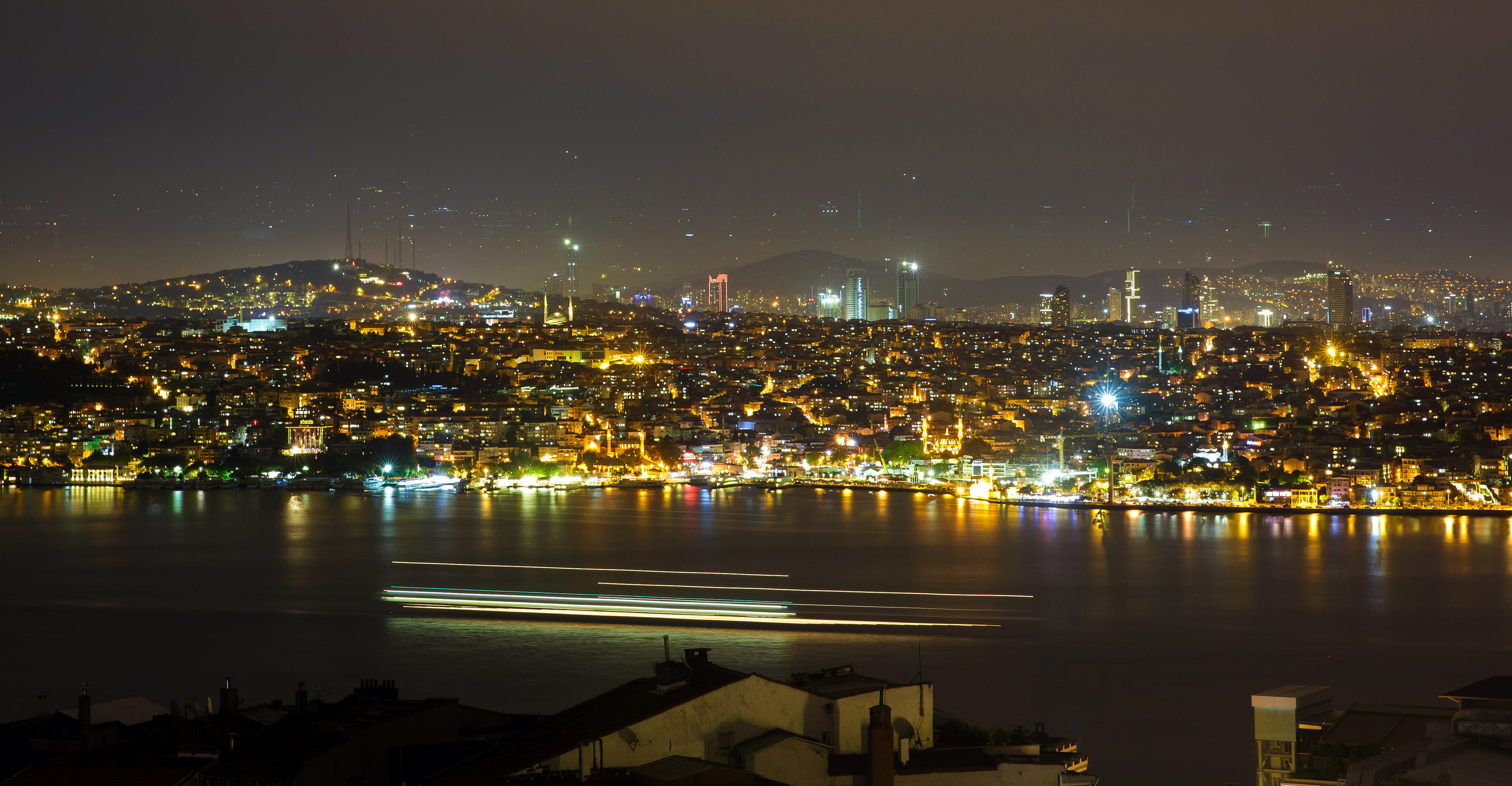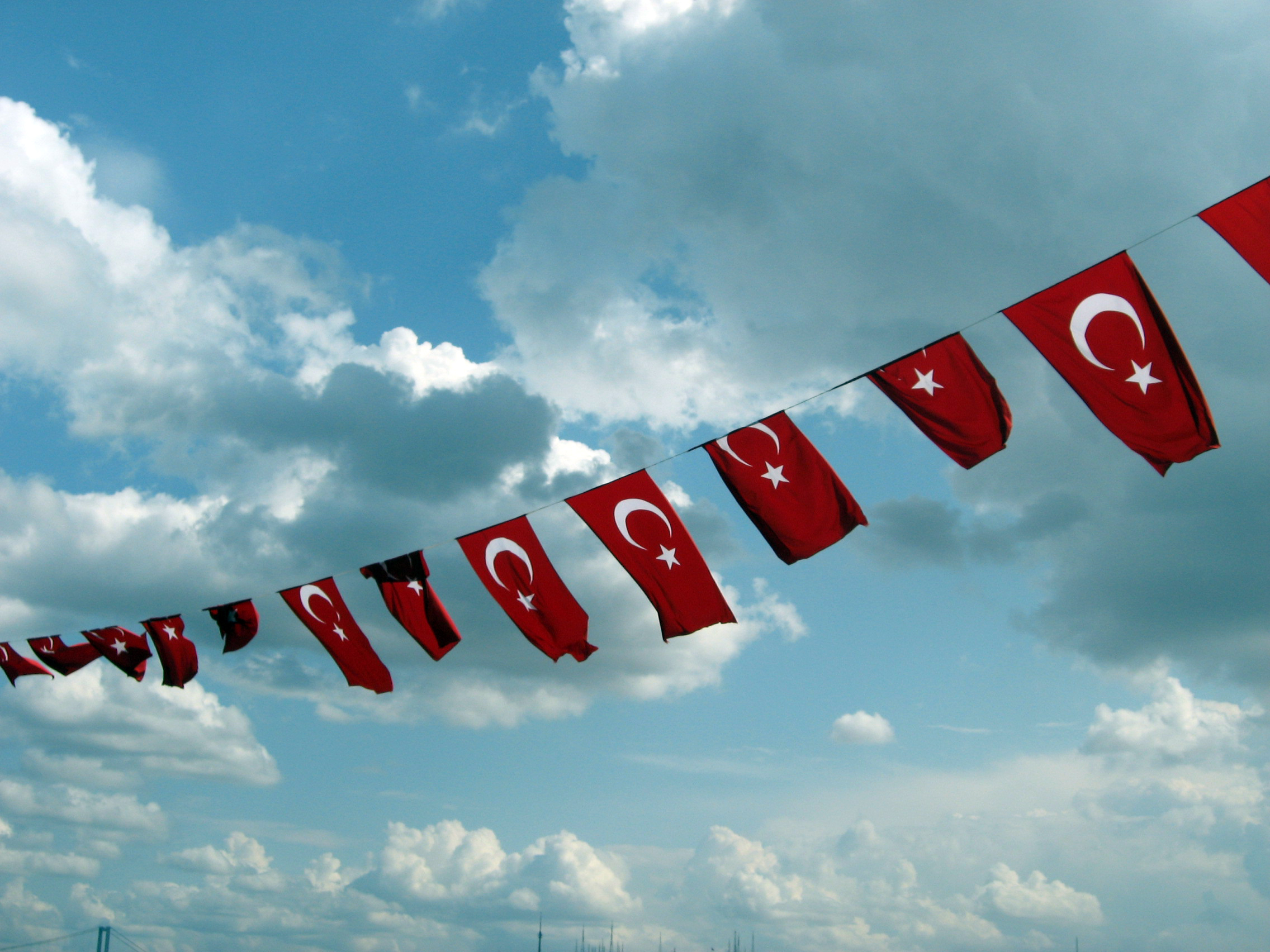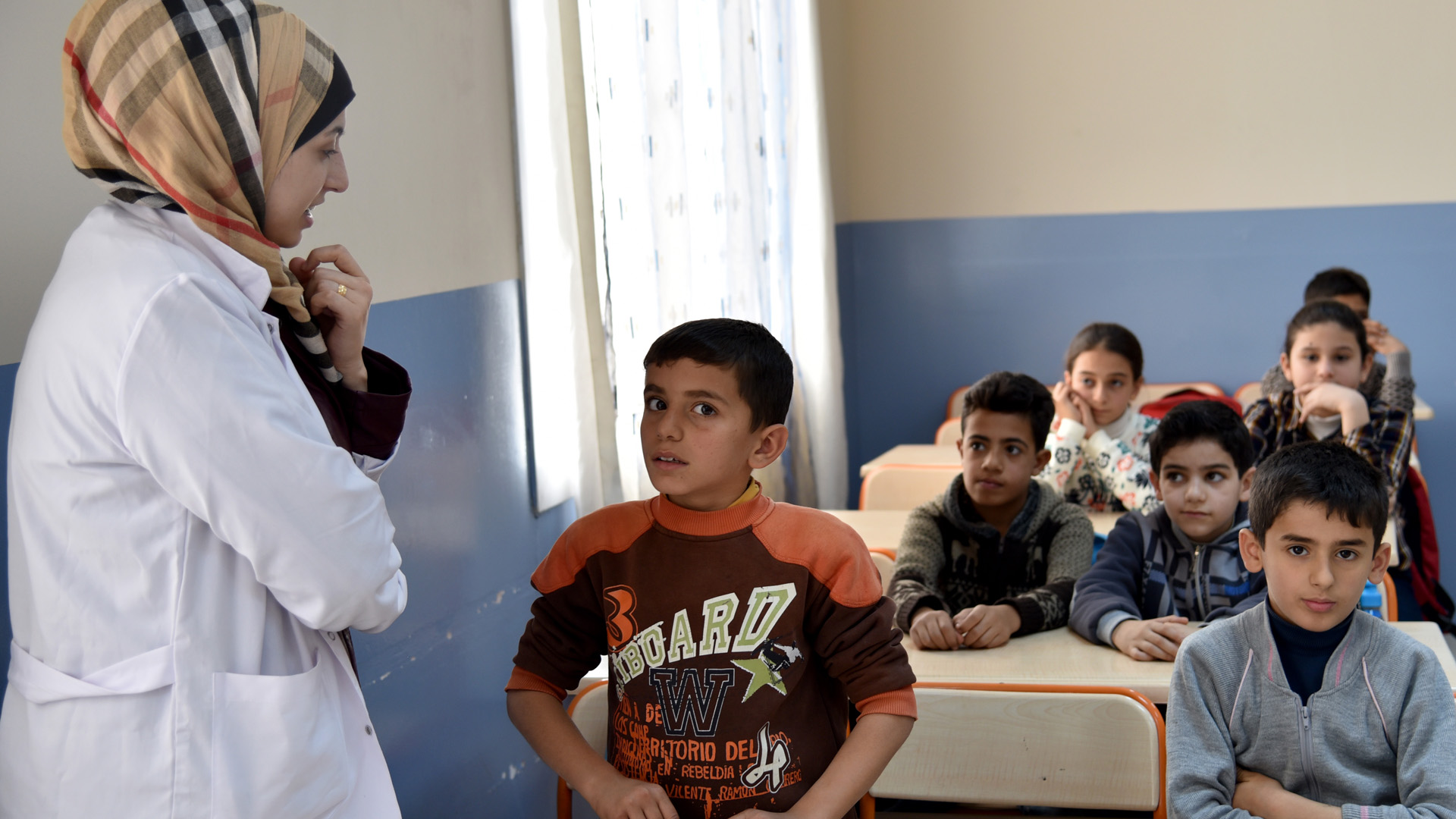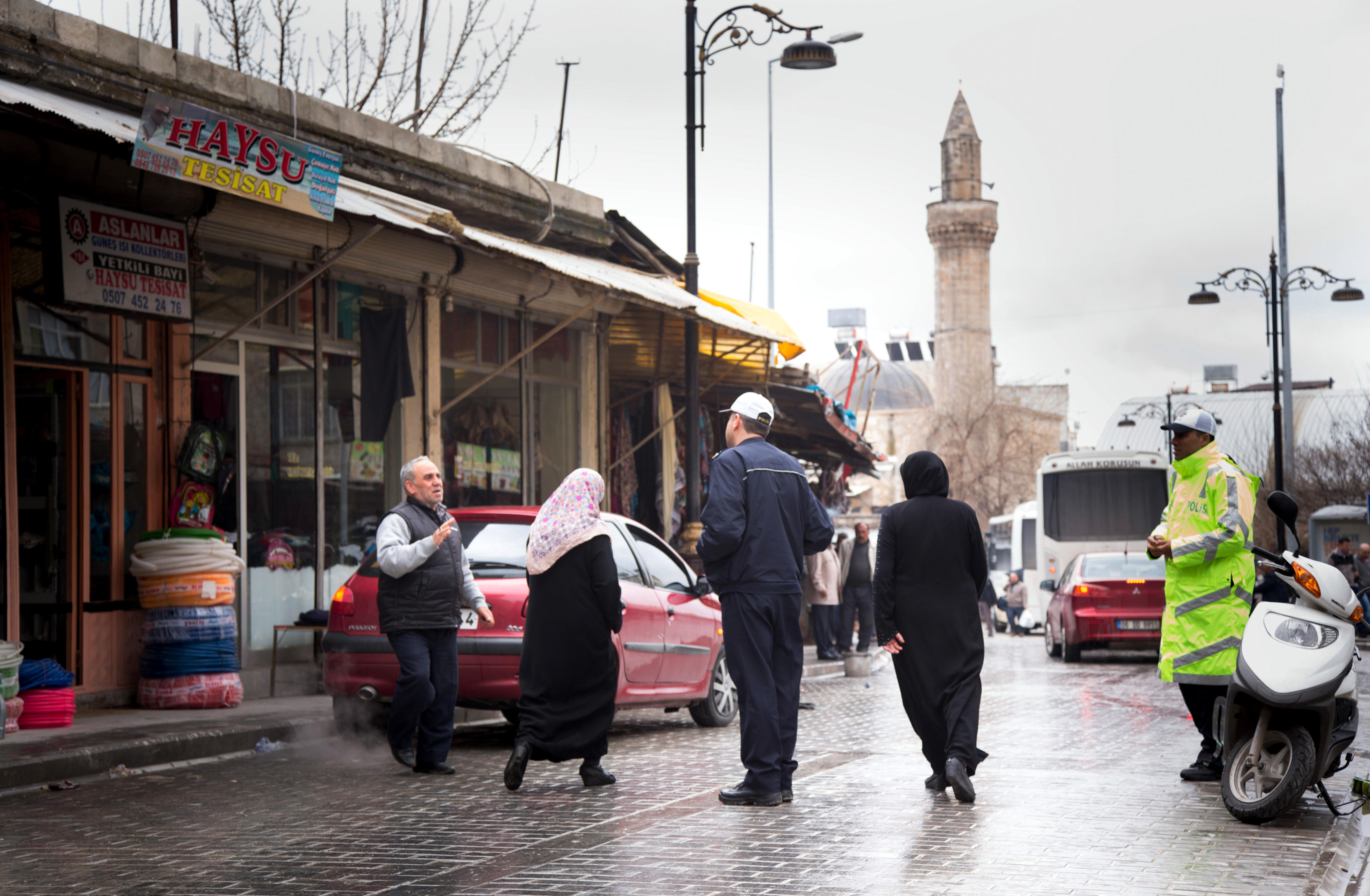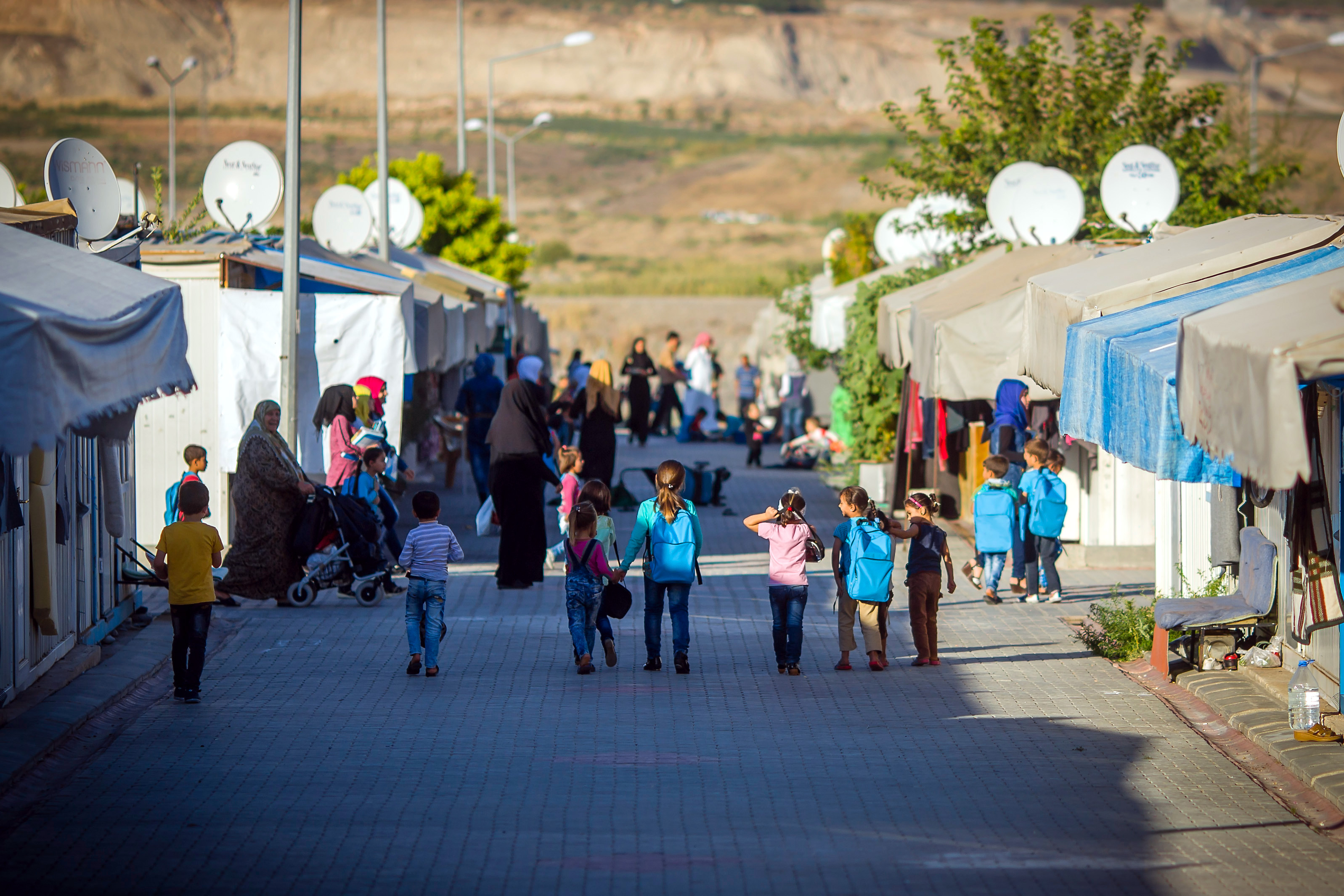Istanbul by night
Copyright© Thomas Trutschel/photothek.net
Turkey
Germany's development cooperation with Turkey began in 1958 and came to an end with a last commitment in 2008.
Currently, Germany helps Turkey cope with the refugees streaming into the country to escape the war in Syria.
However, there are no plans to resume a regular programme of bilateral development cooperation.
German activities Education and employment
Since 2015, the Federal Ministry for Economic Cooperation and Development (BMZ) has provided around 801 million euros in total for structure-building activities to help support Syrian refugees and Turkish communities which have taken in refugees.
School education and vocational education
The BMZ focuses its interventions to support refugees and hosting communities on the areas of school education and vocational education and training, on employment promotion, and on strengthening social cohesion. For instance, efforts are being made to provide education so that there is no “lost generation” of Syrian refugee children – in other words, a generation of Syrian children who have known nothing but war and have so little education that they have virtually no prospect of a decent life. It is hoped that offering youngsters educational opportunities will also prevent them from becoming radicalised.
Violence prevention and social exchange are crosscutting issues of the BMZ’s activities. The fact that both the refugees and Turkish host communities benefit from the interventions helps to strengthen the exchange between the groups and prevent ill will.
Vocational education and training and measures to build professional skills serve as a launchpad into working life and a life that is independent of external support. Since mid-2016, opportunities for employment in the short and the long term are being created as part of the Partnership for Prospects so as to ensure that families can provide for themselves and have a viable option to stay in their home country. One of the BMZ's most important partners in implementing these activities is the United Nations Children's Fund, UNICEF.
Jobs campaign
The employment promotion programmes supported by Germany are directed not only at refugees but also at locals who are finding it difficult to find a job because of the inflow of refugees. For instance, under “cash-for-work” programmes people can earn a quick income by taking on basic tasks in their communities such as helping with repairs, waste disposal or the maintenance of public buildings and green spaces.
Other employment promotion programmes help to fund wages or salaries, in particular for additional teaching staff. Employment promotion measures helped to create helped to create more than 100,00 jobs since the start of the programme in 2016 and education has been provided for almost 350,000 children.
Activities involving the EU
In addition to the German government's bilateral activities in Turkey, Germany is also involved in the European activities being carried out under the action plan agreed by the EU and Turkey in November 2015 and under the EU-Turkey statement issued in March 2016. The measures are being coordinated closely in order to avoid duplicate structures and to ensure added value.
The Federal Republic of Germany is contributing to the EU Facility for Refugees in Turkey as well as other measures, and is a member of the group coordinating the measures agreed between the European Union and Turkey.
The European Bank for Reconstruction and Development is also active in Turkey.
SDG trends for Türkiye
- On track or maintaining SDG achievement
- Moderately improving
- Stagnating
- Decreasing
- Trend information unavailable
